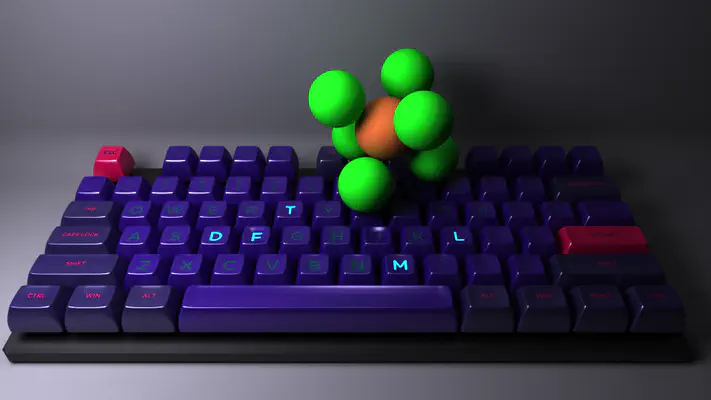
Abstract
Machine learning (ML) has become a central focus of the computational chemistry community. I will first discuss my personal history in the field. Then I will provide a broader view of how this resurgence in ML interest echoes and advances upon earlier efforts. Although numerous changes have brought about this latest wave, one of the most significant is the increased accuracy and efficiency of low-cost methods (e. g., density functional theory or DFT) that have made it possible to generate large data sets for ML models. ML has also been used to bypass, guide, or improve DFT. The field of computational chemistry thus finds itself at a crossroads as ML both augments and supersedes traditional efforts. I will present what I believe the role of the computational chemist will be in this evolving landscape, with specific focus on my experience in the development of autonomous workflows in computational materials discovery for open-shell transition-metal chemistry.